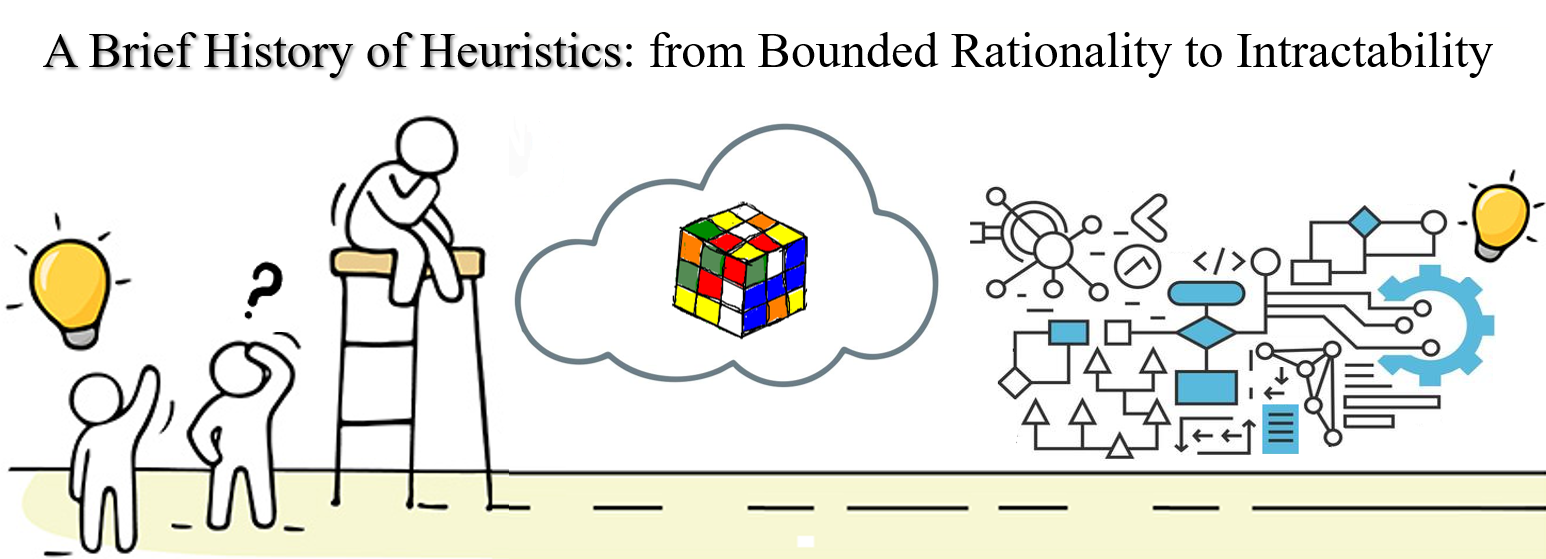A Brief History of Heuristics: from Bounded Rationality to Intractability
Keywords:
heuristics, Metaheuristic algoritms, intractability, mental shortcutAbstract
Heuristics denote a powerful concept, covering a wide range of computational, economic and psychological sciences, as the ability to handle challenging problems with very limited resources. From a computational perspective, heuristics are commonly used in decision making - when huge amounts of information are available in complex environments - or even when dealing with intractable problems. Through “shortcuts” and “tricks’, they can produce acceptable solutions even with few resources compared to exaustive approaches. Although found on many practical applications, their rich interdisciplinary history is not commonly explored in literature. This paper presents a recent and comprehensive literature review on the topic of heuristics. This history is told with a timeline as background, highlighting from the bounded rationality to computational intractability.
Downloads


